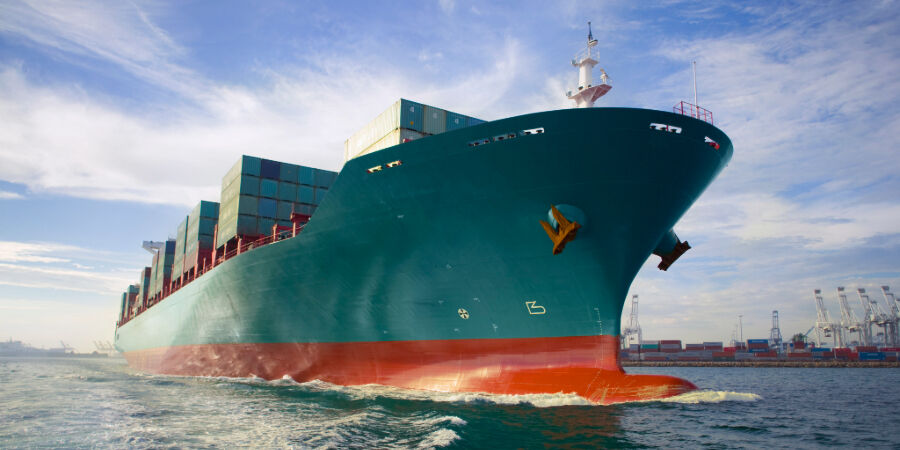University News Last updated 08 September 2025

Birmingham City University (BCU) may be miles from the coast, but it is now at the forefront of the UK’s efforts to decarbonise the maritime industry.
It has become the newest member of the UK National Clean Maritime Research Hub (UK-MaRes Hub) - a collaboration of 14 universities and more than 70 industry partners seeking to tackle the urgent challenges of reducing greenhouse gas emissions across the shipping sector, responsible for 90% of global trade, and 3% of global greenhouse gas (GHG) emissions.
Prof Jean-Baptiste Souppez, Professor of Mechanical Engineering and STEAM Education at BCU, says the move is a major step forward for the University.
“Despite joining very recently, BCU has already made a strong impact with leading research publications, departmental government briefings and policy bulletins to influence the UK strategy,” said Prof Souppez.
“Joining the hub will enhance our impact, strengthen our partnerships with academia and industry, and increase our presence on the national and international maritime stage.”
According to the UK Department for Transport, domestic shipping accounts for 6% of the country’s transport GHG emissions.
The government’s maritime decarbonisation strategy aims to achieve net zero GHG emissions across the domestic sector by 2050.
“Our research is shaping the future of maritime – from informing national and international infrastructure investments to designing the next generation of sustainable ships,” said Prof Souppez.
“It is about meeting global environmental goals while ensuring market competitiveness and creating lasting social impact.
As such, the UK-MaRes Hub fully aligns with BCU's strategy of creating knowledge for good while powering prosperity”
The UK-MaRes Hub also hosts a range of events, workshops and conferences, connecting sector experts, policymakers and academics to build a cleaner maritime future.